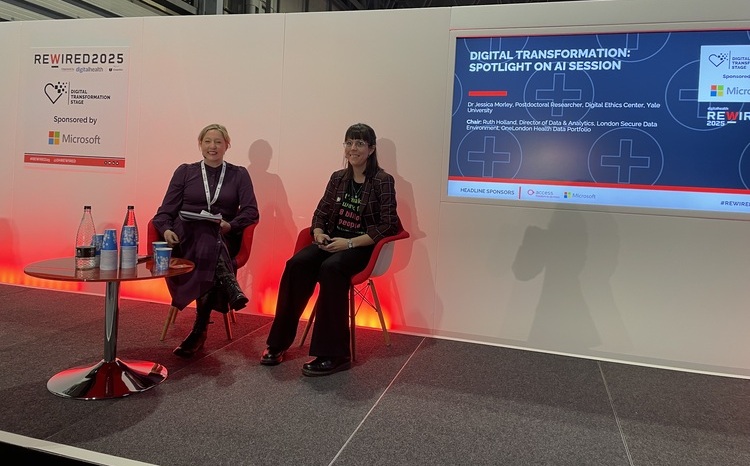One in five GPs using AI tools in clinical practice, finds BMJ survey
- 24 September 2024

- An online survey of UK GPs by the BMJ has revealed that one in five are using generative AI tools such as ChatGPT in clinical practice
- Of the 1,006 respondents, 205 (20%) reported using generative AI, for things like generating documentation after patient appointments and suggesting differential diagnoses
- The results, published on 17 September 2024, show that ChatGPT is the most used large-langauge model (LLM) among GPs
An online survey of UK GPs by the BMJ has revealed that one in five are using generative AI tools such as ChatGPT in clinical practice, despite a lack of training.
Results of the survey, published on 17 September 2024, found that 205 of the 1,006 respondents (20%) reported using generative AI tools in clinical practice.
Of those who answered affirmatively and were invited to clarify further, 47 (29%) reported using AI tools to generate documentation after patient appointments and 45 (28%) to suggest a differential diagnosis.
ChatGPT was the most used large-language model (LLM)-powered chatbot among GPs, the survey found.
The study’s author, Dr Charlotte Blease, associate professor at Sweden’s Uppsala University, suggests that “GPs may derive value from these tools, particularly with administrative tasks and to support clinical reasoning”.
She adds that the tools have limitations since they can “embed subtle errors and biases”.
“Despite a lack of guidance about these tools and unclear work policies, GPs report using them to assist with their job.
“The medical community will need to find ways to both educate physicians and trainees about the potential benefits of these tools in summarising information but also the risks in terms of hallucinations, algorithmic biases and the potential to compromise patient privacy,” Dr Blease writes.
She also highlighted a potential risk to patient privacy, since it is not clear how internet companies behind generative AI use the information they gather.
“Our doctors may unintentionally be gifting patients’ highly sensitive information to these tech companies” she says.
The online survey, which took place in February 2024, was distributed to a non-probability sample of GPs registered with the clinician marketing service Doctors.net.uk.
It was launched as a monthly ‘omnibus survey’ which has predetermined sample sizes of 1,000 participants, who are requested to answer all closed-ended questions.
Meanwhile, research commissioned by think tank the Health Foundation, published in July 2024, found that 76% of NHS staff and 54% of the public support using AI for patient care.
Speaking at Digital Health AI and Data in October 2023 Dom Cushnan, director of AI, imaging and deployment at NHS England, said that health systems must ensure AI tools are evidence-based and appropriate for clinical use.
He acknowledged the excitement around generative AI and its potential in healthcare but argued that it must undergo a rigorous process before it can be integrated into clinical practice.





